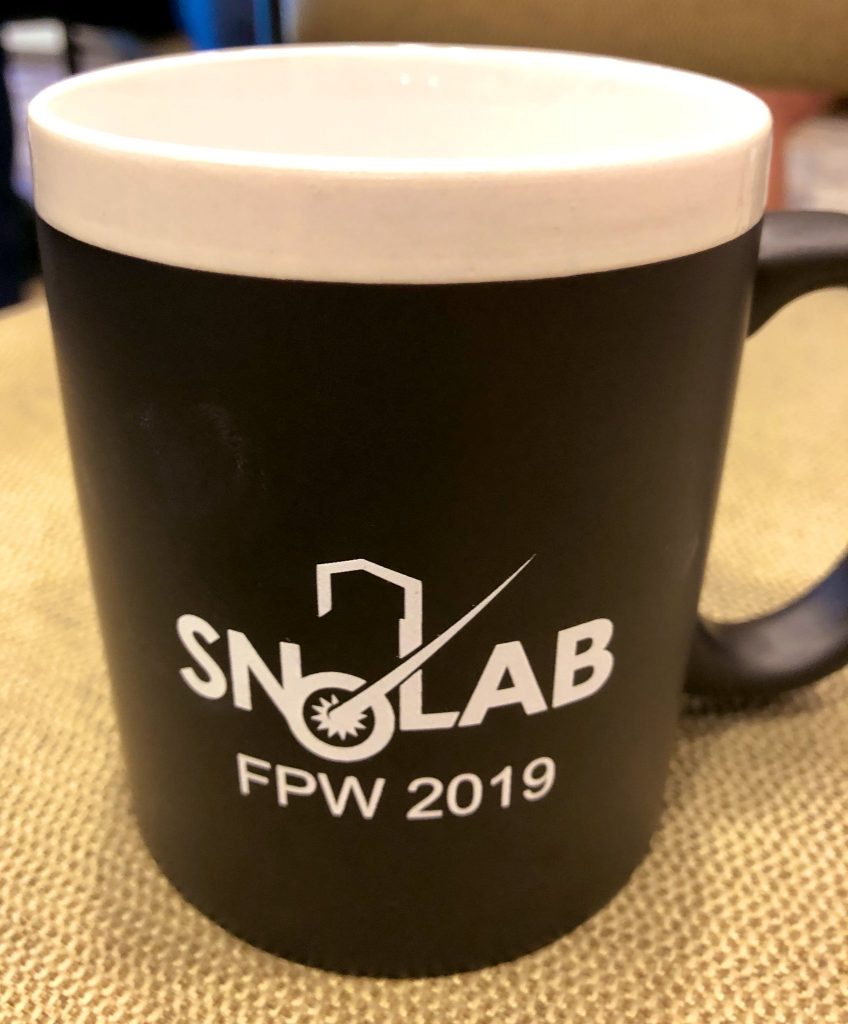Future Projects Planning at SNOLAB

For three days last week, SNOLAB hosted researchers from around the world for its biennial Future Projects Workshop. The nature of astroparticle physics experiments (large, expensive, and requiring the scientific contribution of many) requires that the community always be looking to the future: if an experiment has plans to be operating and collecting data in 2020, initial planning for it likely began a decade before. The space available to experiments at SNOLAB – and at other underground labs around the world – is a finite resource.
To ensure optimal use of its underground space, SNOLAB assesses interest from planned experiments well in advance through the Future Projects Workshop. New collaborations in the early stages of securing funds and testing prototypes are invited to present on their experiments, sharing with the community what their design is, what they aim to discover, and what their proposed timelines are. This format also creates an opportunity for other members of the physics community to ask questions and learn more about future projects their colleagues are pursuing, including potential links to their own research.
The workshop is also intended as a future look at the experiments currently operating and under construction at SNOLAB. Researchers report on the status of their projects, and let everyone know what the experiment is planning next. In some cases, this means the next phase of an experiment (for example, adding tellurium to SNO+ or beginning operation of PICO 40, an upgraded design from PICO 60), and in others it means planning to decommission an experiment that has fulfilled its scientific purpose.
Last week’s workshop had registrants from 18 different institutions in multiple countries. In addition to the project-specific talks there was a low-background session discussing the challenges of building experiments with ever-lower background radiation exposure and techniques to reduce background further. The next future planning workshop will be held at SNOLAB in 2021.
Jenna Saffin